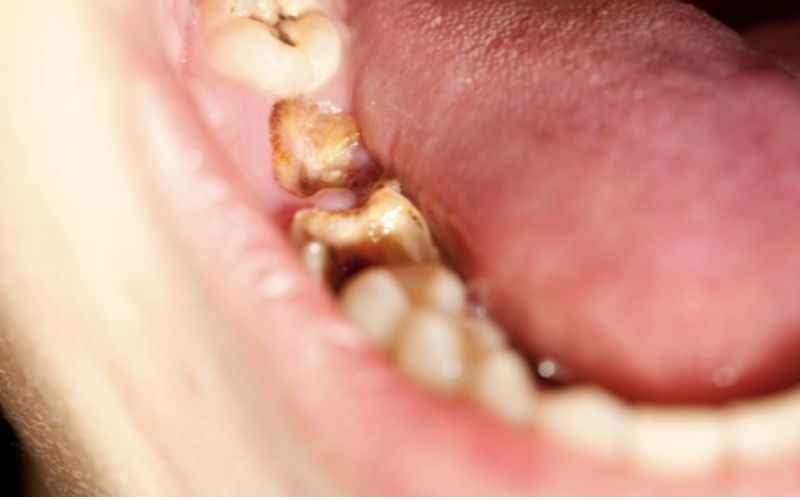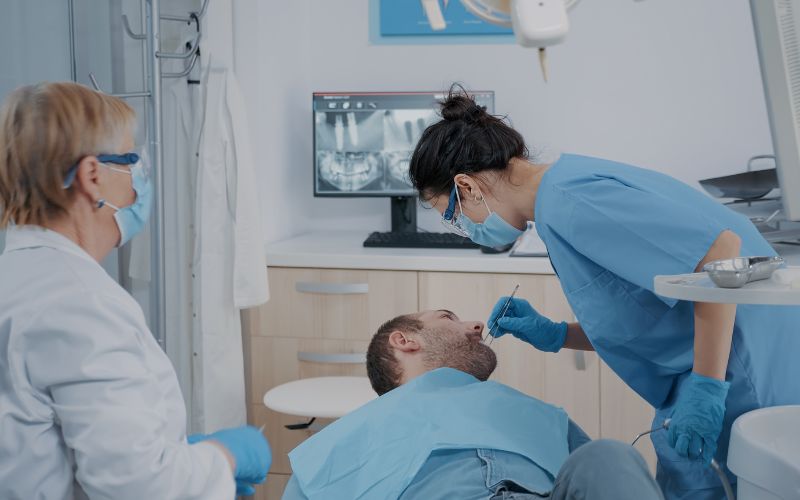If you have a significantly damaged tooth or are experiencing dental pain, you may be wondering about your treatment options. Depending on what the source of the problem is, there are a couple of dental procedures that your dentist may consider: root canal treatment or tooth extraction.
Many patients have questions about these two procedures, so below are the answers to the most common FAQ on tooth extraction vs. root canal.
Table of Contents
ToggleWhat Is a Root Canal Treatment?
Root canals are the interior parts of tooth roots, filled with pulp, or soft tissues, nerves, and blood vessels. If infection from tooth decay or another source spreads into this pulp, a root canal treatment may be done to save the tooth. Your dentist will remove the infected, damaged tissue and nerves before cleaning and scraping out the root canal area. This space is then filled with gutta percha, which is a biocompatible material, and the access hole to the root canals is sealed. A crown is often used to protect and strengthen the toothit.
What Is a Tooth Extraction?
Tooth extractions are simply the removal of teeth when necessary. It may be required for a variety of dental problems, such as a seriously infected tooth that may have negative impacts on adjacent teeth, root fractures, or a tooth that has a poor prognosis. After using local anesthesia, a dentist removes the tooth by pulling with forceps, or a surgery may be required to remove the root. An incision is made into the gum and bone, and the tooth is carefully removed; the tooth may be divided and removed in pieces to make it easier.
When a tooth is extracted it may be recommended to place bone to preserve the socket. This prevents rapid shrinkage of your bone as the socket heals. Benefits of such socket preservation includes maintaining bone height around the adjacent teeth and ensuring stable bone for a future implant placement.

Root Canal vs Extraction: Which is Better?
Keeping your natural tooth is preferred when possible, as natural teeth will be stronger and better for your jaw bone and oral health. If a root canal treatment can save an infected tooth, it will likely be the preferred treatment for that tooth, since your own, natural teeth are preferred. However, your dentist will determine if you are a good candidate and if this is the best treatment for your individual circumstances.
Your dentist will thoroughly examine and assess the affected tooth. X-rays and other diagnostics will be done to evaluate the underlying roots and supporting jawbone, and see if a root canal treatment will likely be successful.
When Can Teeth Be Saved?
If the rest of your tooth’s structure is strong, a root canal treatment can save an infected tooth with diseased or dead pulp, but which is otherwise in good condition. If you have a cracked or damaged tooth or have a deep cavity, allowing bacteria to reach the dental pulp, but the rest of the tooth is still viable, a root canal treatment may be possible.
When Should Teeth Be Extracted?
In some cases, your dentist will recommend an extraction. If the tooth is an erupting wisdom tooth that is impacted, will not fit properly in your mouth, or may cause issues to other teeth, your dentist will likely extract it, and no replacement options for the missing tooth or teeth will be recommended.
There are other situations when other teeth may need to be extracted, too.
Infected Tooth
If a tooth has a very large cavity or infection that is a significant proportion of the tooth, so the structure is weakened too much to restore, the tooth may need to be removed.
Damaged Tooth
Another situation where extraction may be necessary is in the case of a very large crack or fracture, especially if the crack is below the gum line. This results in a hopeless prognosis for the tooth as a root canal and crown will not be able to seal the crack if it extends too far down the root.
Restorations
In these extraction cases, a restoration like a dental implant or bridge is recommended. Dental implants help maintain space.

How Do You Care for Your Teeth After a Root Canal Treatment?
After a root canal procedure, some pain that can be managed with a non-prescription painkiller is normal. This pain should only last for a few days. If your pain is severe, does not subside, or returns, let your dentist know. You will be given instructions for keeping the area clean.
You can brush and floss gently; an antibacterial mouthwash is often recommended. If you do not have a permanent crown placed, avoid chewing on the treated tooth until you do.
How Do You Care For Your Teeth After an Extracted Tooth?
After your extraction procedure, gauze is placed for you to bite on for about 45 minutes to stop the bleeding, although you may have light bleeding for a day. You may also have mild swelling. Ice packs can relieve the pain and inflammation. Over-the-counter painkillers will also help. Soft, tepid foods will be necessary for the first few days.
Healing can take at least two weeks; salt water rinses will be needed for the first couple of days, then gentle brushing while avoiding the extraction site can be done. Your dentist will give you instructions specific to your situation.
What Are the Replacement Options for a Missing Tooth?
With a wisdom tooth extraction, you do not need a replacement tooth; however, when any of your other teeth are extracted, a replacement option is recommended to fill the gap. This prevents the remaining teeth from shifting and creating other oral health concerns. A dental implant or bridge may be recommended to you; your dentist will discuss your best options.

What Do I Do If I Have Severe Tooth Pain, a Fractured Tooth, or Suspect an Infection?
For prompt wisdom teeth removal in Erin Mills or root canals in Erin Mills, reach out to Onyx Dental at (905) 567-4999 or visit 2555 Erin Centre Blvd Unit 12, L5M 5H1. Your oral health is our priority



